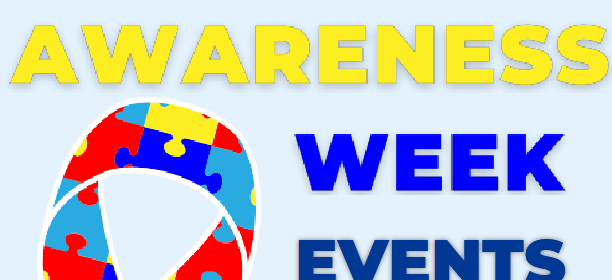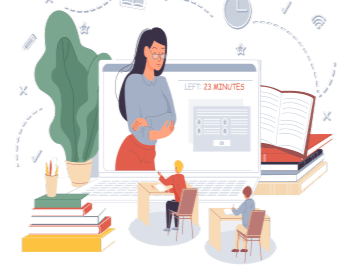Watch On Demand – Foundations of Teaching Online Series

We are pleased to share the recordings from our Foundations of Teaching Online Series. Each session of the series is available in a playlist on our SharkMedia Channel. Whether you are new to teaching or want to hone your online teaching skills we believe you will pick up something new from the series.
Read more







